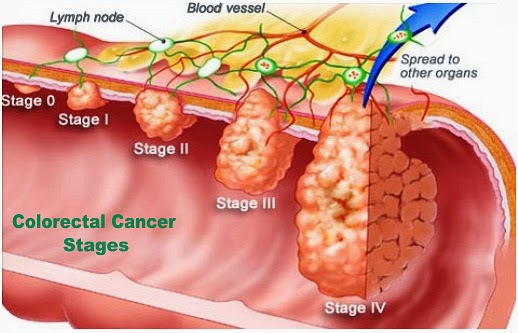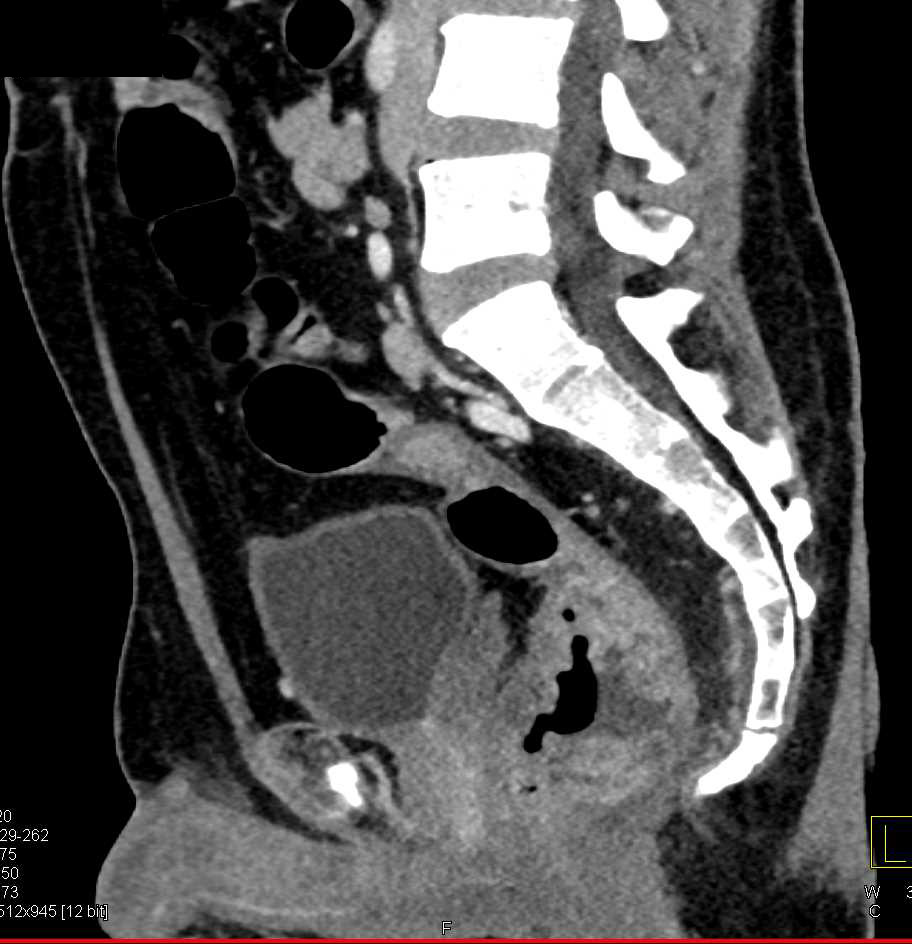

"Before I was diagnosed, I found blood in my stool one time and then, months later, had two days of stomachaches despite regularly taking my enzymes. If you think you are experiencing colorectal cancer symptoms, talk to a member of your CF care team. Abrupt changes in prior bowel habits (i.e., new or persistent constipation or diarrhea).Īt the same time, however, many people report experiencing no symptoms before receiving a colorectal cancer diagnosis, which is why it is sometimes called the “silent cancer.” That is why screening is incredibly important.Īlthough the Cystic Fibrosis Foundation’s Colorectal Cancer Screening Clinical Care Guidelines recommend that people with CF begin screening at age 40, symptoms can be an indicator to begin screening even earlier.Abdominal pain that gets worse over time.In general, people with CF will experience many of the same symptoms of colorectal cancer as the general population, including: The further the cancer spreads, the more difficult it is to treat. When cancer cells are in the wall, they can then spread to surrounding tissues and, eventually, other parts of the body.

It can take many years for a polyp to develop into cancer, but once the cancer forms, it can grow into the wall of the colon or rectum. Adenomatous polyps: polyps that are considered pre-cancerous because they are more likely to develop into cancer.Hyperplastic polyps and inflammatory polyps: common polyps that do not generally develop into cancer.There are two general types of colon polyps: Most polyps are harmless (benign), but a certain kind of polyp, known as an adenoma, can become cancerous over time. Most colorectal cancers start as a polyp - a small, abnormal growth of tissue that can develop on the inner lining of the colon or rectum. How Does Colorectal Cancer Form in the Body? Watch the animation above to learn more about colorectal cancer in CF and how early screening can help reduce your risk.


 0 kommentar(er)
0 kommentar(er)
